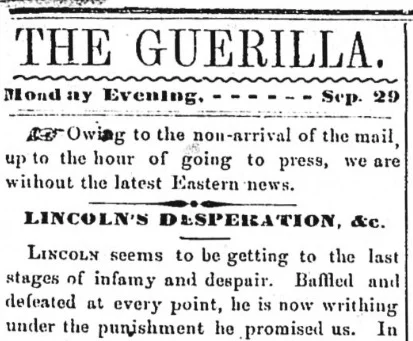Guest Review: The War Went On: Reconsidering the Lives of Civil War Veterans, edited by Brian Matthew Jordan and Evan C. Rothera
/The War Went On is the latest in recent scholarship to look beyond the American Civil War of 1861-1865 and instead examine how wartime service affected veterans in the years and decades beyond. Topics run the gamut from political to social history, with inclusions of the fields of economics, memory studies, race, and others. Though not comprehensive, this excellent book explores a range of experiences and offers insight into complicated and diverse groups of veterans.
Read More






